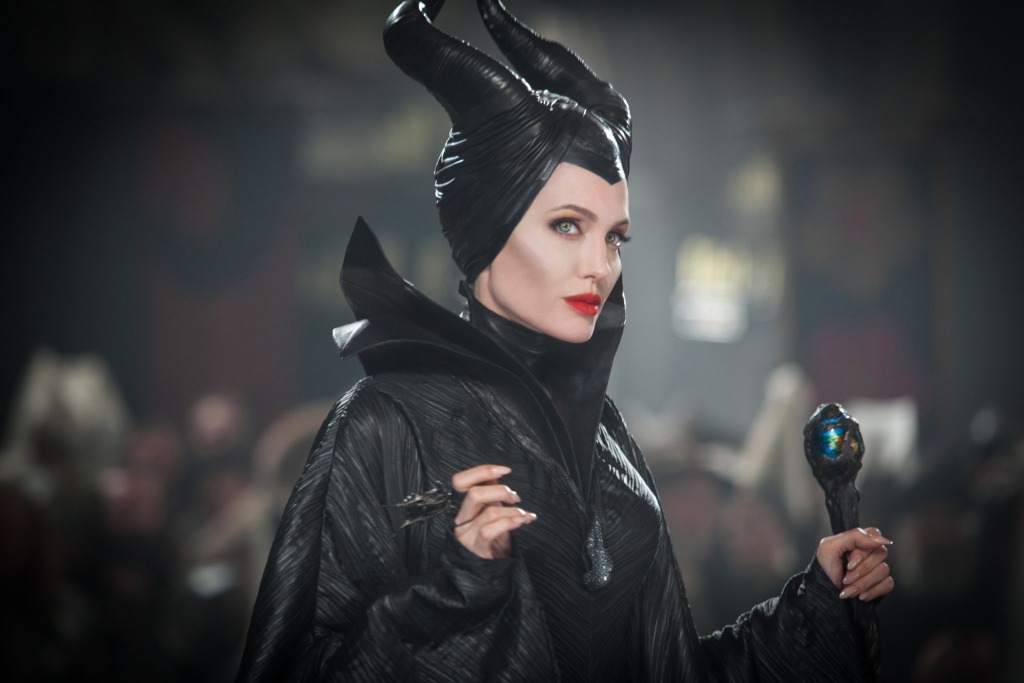
Maleficent, one of Disney’s most iconic figures, stands out not just as a villain, but as a complex and independent force who rejects subservience. Maleficent wouldn’t be a lackey—she exudes autonomy, strength, and defiance of traditional roles. This article delves into the key elements that make her a fascinating character, highlighting her evolution, power, and symbolic significance as a leader of independence in the realm of fairy tales.
Maleficent’s Origins and Evolution
Maleficent’s journey begins in Disney’s 1959 animated classic Sleeping Beauty, where she first appears as the formidable antagonist. Initially depicted as purely evil, her character was reimagined in 2014’s Maleficent, which unveiled a much more complex narrative. The live-action version shifted her from a one-dimensional villain to a character driven by betrayal, loss, and an unwavering desire for autonomy. This evolution underlines why Maleficent wouldn’t be a lackey—she seeks control over her destiny rather than being subservient to any power.
From Villain to Complex Character
While early depictions portrayed Maleficent as simply malevolent, her story was later expanded to explore her emotional depth. Her curse on Princess Aurora, for example, is not just an act of vengeance but a reaction to deep personal betrayal. The emotional layers of her character emphasize that Maleficent’s actions come from a place of moral conflict, not senseless evil. Her autonomy and refusal to be controlled by others reflect her complex nature and give her a unique position within the pantheon of Disney characters.
The Power and Independence of Maleficent
Central to Maleficent’s identity is her command over powerful magic, which she wields with remarkable skill and autonomy. Her magical abilities are an extension of her independence, allowing her to shape the world around her and assert her will without depending on others. Maleficent wouldn’t be a lackey because her magic is not just a tool—it’s a manifestation of her control over her own fate. This makes her more than just a villain; she is a figure of empowerment, symbolizing the refusal to submit to external forces.
Commanding Magic and Unyielding Control
Maleficent’s magic serves as a direct expression of her autonomy. From casting the infamous curse on Aurora to transforming into a fearsome dragon, her power is unmatched and under her complete control. Unlike many characters in fairy tales who rely on others or adhere to traditional hierarchies, Maleficent stands alone, showcasing why she could never be a lackey. Her independence is reinforced through her magical prowess, enabling her to operate outside the norms of the kingdom’s power structures.
Exploring Maleficent’s Moral Complexity – Maleficent Wouldn’t Be A Lacky
Maleficent’s actions, though often harsh, are grounded in her sense of justice and personal autonomy. Her curse is not merely an act of cruelty—it’s a response to the betrayal she endured. This moral ambiguity deepens her character, distinguishing her from conventional villains who lack nuance. Maleficent is driven by a desire to regain what was unjustly taken from her, making her motivations relatable despite the extreme nature of her actions. Her refusal to conform or serve others stems from a personal mission to reclaim her power.
Maleficent’s Role as a Leader
As a leader, Maleficent commands respect and authority. Her leadership style is characterized by dominance and the ability to inspire loyalty, even from her minions, who often lack competence. Despite the inadequacies of those around her, Maleficent maintains control, showcasing her role as a figure of authority. She operates beyond traditional power structures, rejecting the notion of subservience that often defines antagonistic characters. Maleficent wouldn’t be a lackey—her leadership reflects a break from conventional hierarchies, asserting her autonomy in all aspects of her life.
A Lasting Legacy of Autonomy
In a world where villains are often relegated to the role of mere lackeys, Maleficent stands apart as a symbol of power, autonomy, and complexity. Her story, rich with betrayal, magic, and moral conflict, highlights why Maleficent wouldn’t be a lackey. She refuses to be controlled or diminished by others, asserting her independence in a way that continues to captivate audiences. Maleficent’s legacy endures, serving as a reminder of the strength found in self-determination and the refusal to be subservient.






















